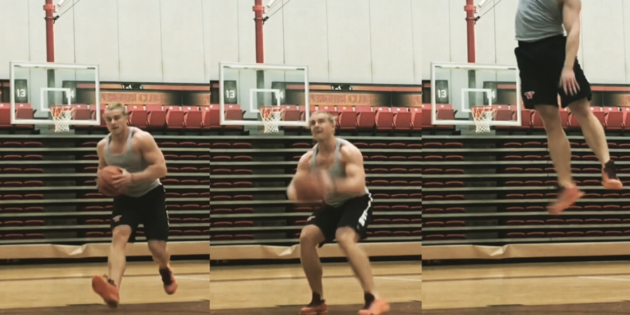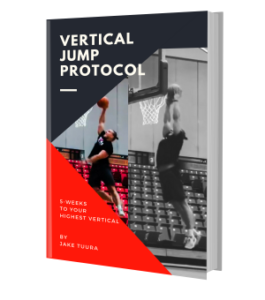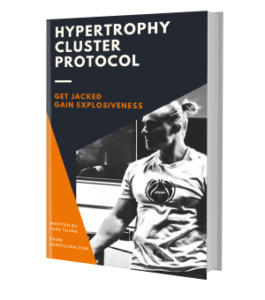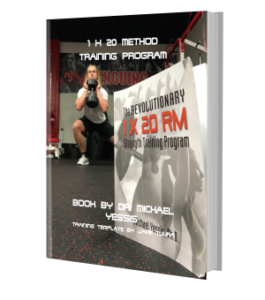- Conversation with an Athletic Trainer: When someone comes in with injury or pain (this is very contextual), we are quick to say it’s because they are weak. Do all athletes really need to get stronger in the traditional sense or can injury/pain be a neurological issue? A ‘weak’ hamstring can often be strengthened immediately with RPR versus six to twelve weeks of progressive overload in the training and weight room… I also assume a ‘weak’ hamstring would be stronger on someone’s birthday or on Christmas. The brain controls strength. Environment controls the brain.
- IG conversation with Jonathan Dahuya (S&C coach at North Carolina A&T): “I have a theory behind basketball. They traditionally aren’t as organized as a sport like football. With football, you grow up only playing with coaches/refs around because of the nature of the sport. Everything is very controlled and organized. With basketball, you grow up playing AAU, small tournaments, and in the hood. You’re pretty much free to do as you please with your family and friends as long as you’re there for each game. In basketball, if you’re the man, you can get it done almost by yourself. In football you still need a great QB to get you the ball, a great O-line to help you get yards, etc. You are much more reliant on others. I think things like this play into the way basketball is. Investment is very important with these guys because the things I mentioned. I feel like I’ve needed to tailor my basketball program to the players more than any other sport I’ve worked with. I still get everything I want into the program, but I’ve definitely had to work a little harder for basketball than other sports. Other teams I can come in there with whatever agenda, and they’ll pretty much do as I ask without question.”
- The placebo effect is still an effect – Foam rolling and stretching may not prove to be that effective based on the research. But if it makes athletes feel better, then who cares what the research says. Do it.
- Hierarchy of Needs – Strength coaches who are very smart and scientific with their programs look down on those strength coaches who are less knowledgeable with their programming. But what if the latter strength coach meets more psychological needs of the athlete? Friendship, sense of connection, respect, self-esteem, status, recognition, strength, freedom, etc. This strength coach, even if his/her program is bad, will obtain more success in helping an athlete self-actualize (increase performance) because psychological needs must be met before one can reach their potential. Compare this to the scientific strength coach who meets none or few of the psychological needs of those humans and goes straight to Prilepin’s chart and periodization schemes to increase performance.
- “It depends” – I used to think saying this was cool because absolutes don’t really exist in the S&C world. But now I think it’s fairly useless. Yes, we get that there are many contexts and variables, but saying “it depends” does not offer solutions. It’s lazy.
Thoughts 5



